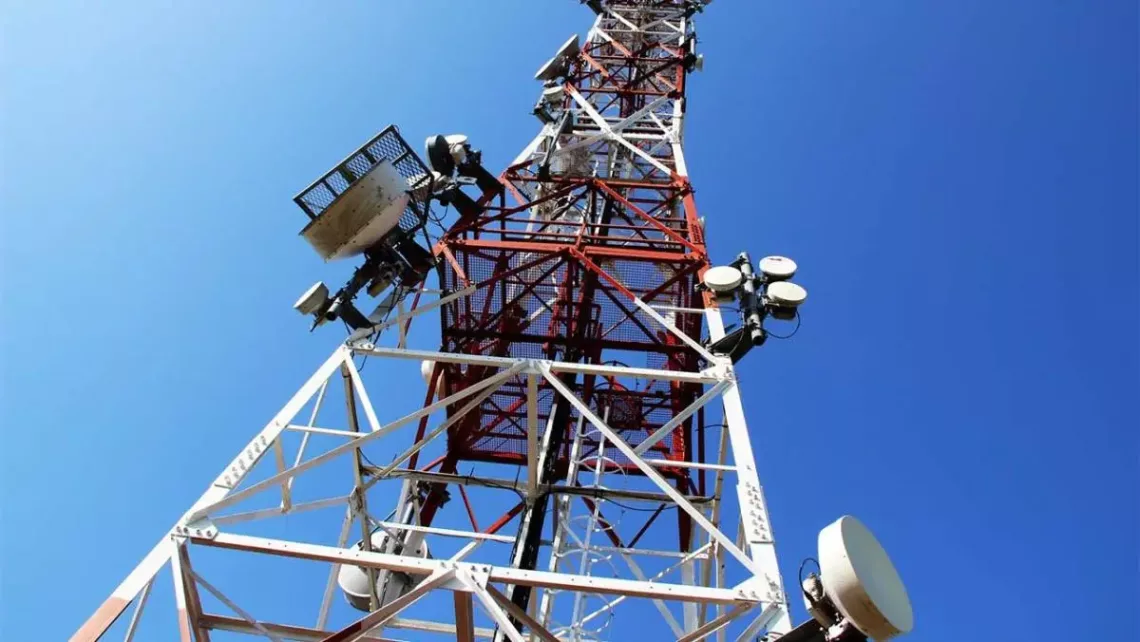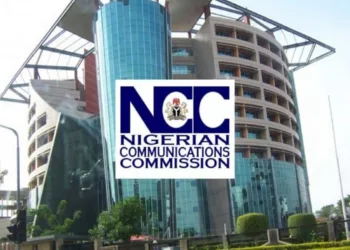Telecommunications operators in Nigeria are on the brink of implementing tariff increases for voice and data services, aligning with the country’s current economic landscape.
A commissioned study by KPMG, facilitated by the Nigerian Communications Commission (NCC), is nearing completion, poised to recommend tariff adjustments in response to mounting economic challenges.
Rising diesel costs and the devaluation of the naira have placed considerable strain on telecom businesses, prompting urgent calls for tariff revisions. Industry officials underscore the critical need for swift action, warning of potential repercussions on the sector’s viability if delays persist.
Speaking on condition of anonymity, a telecom sector representative emphasized the urgency of the situation, highlighting the mismatch between earnings in naira and expenses primarily denominated in dollars. With the majority of operational costs linked to dollar-based transactions, tariff adjustments are deemed essential to sustain business operations amidst currency fluctuations.
The impending report from the cost-based study conducted by KPMG is anticipated to provide justification for tariff hikes, offering insights into the economic imperatives driving the need for revised pricing structures.
While regulatory hesitancy has previously hindered tariff adjustments, industry stakeholders remain hopeful that the study’s findings will prompt regulatory endorsement.
Advocating for tariff revisions, the Association of Licensed Telecommunications Operators of Nigeria (ALTON) has emphasized the widening gap between telecom tariffs and escalating operational expenditures.
In discussions with government officials, ALTON has stressed the imperative of regulatory interventions to ensure industry sustainability amid economic challenges.
Regulatory oversight of tariffs in the telecom sector falls under the purview of the Nigerian Communications Commission (NCC), which conducts regular cost-based studies to inform pricing decisions.
By balancing the need for fair pricing with considerations of industry competitiveness and consumer affordability, the NCC aims to foster a conducive operating environment for telecom operators.
As inflationary pressures persist, consumers grapple with higher prices across various sectors, further exacerbating economic strains. With headline inflation exceeding 29 per cent in January 2024 and year-on-year comparisons revealing significant increases, the telecom sector braces for the impact of inflation on operational costs and consumer spending.
In light of these economic realities, telecom operators await regulatory clarity on tariff adjustments, poised to navigate the evolving landscape while striving to maintain service quality and industry sustainability.





